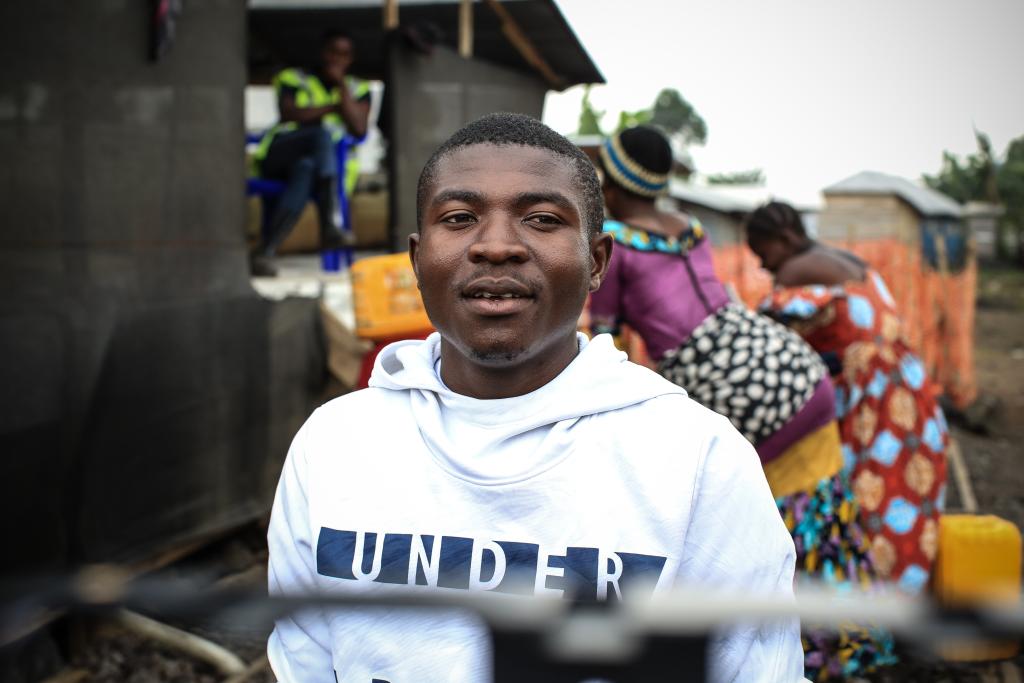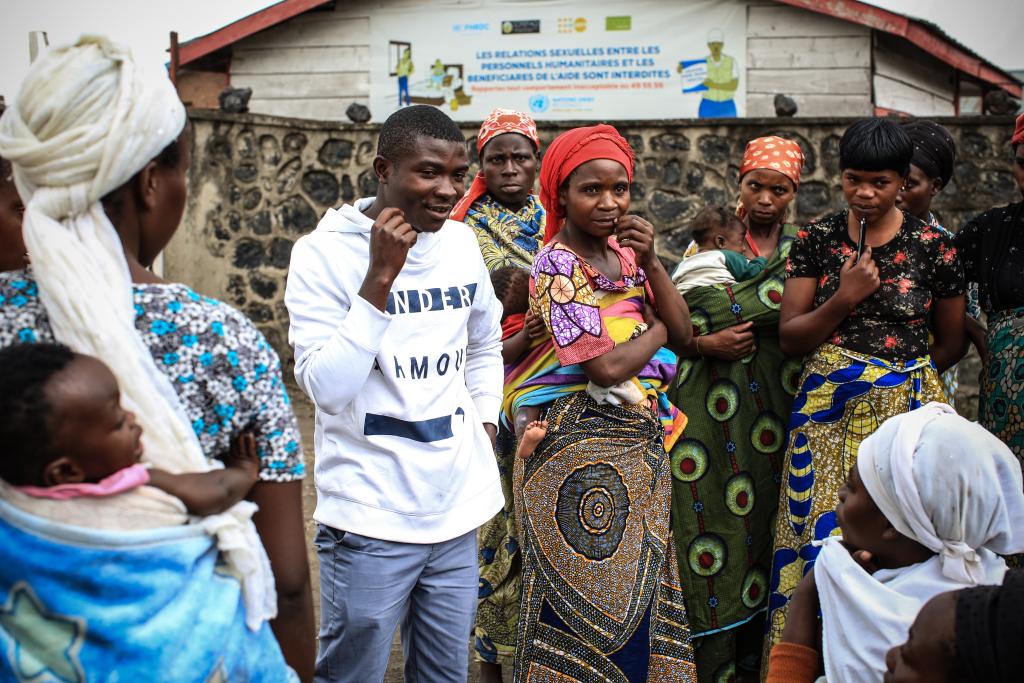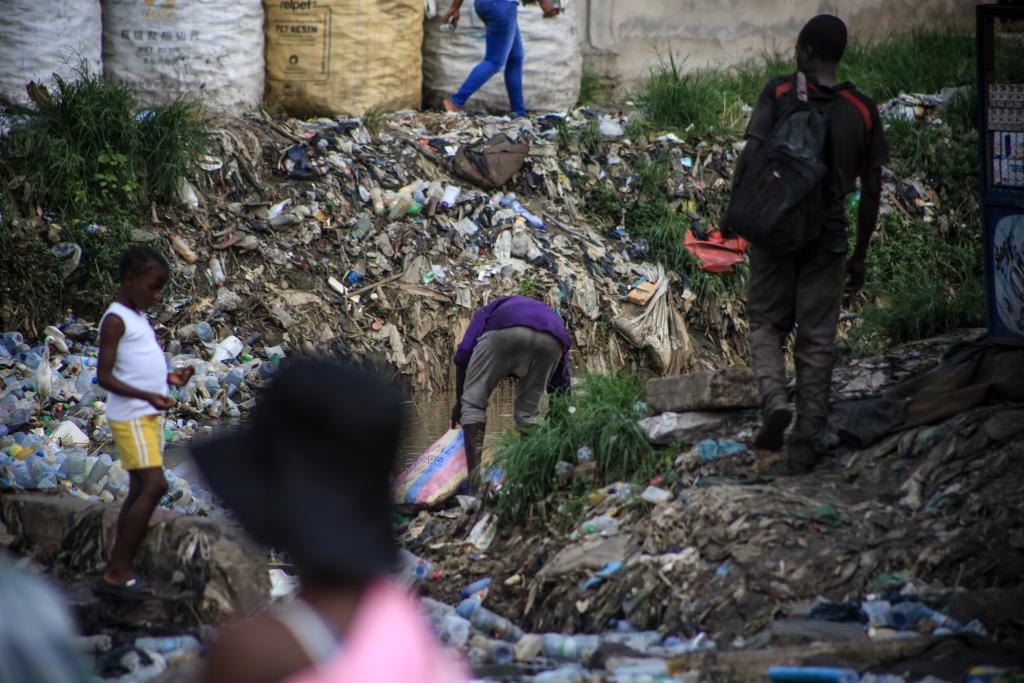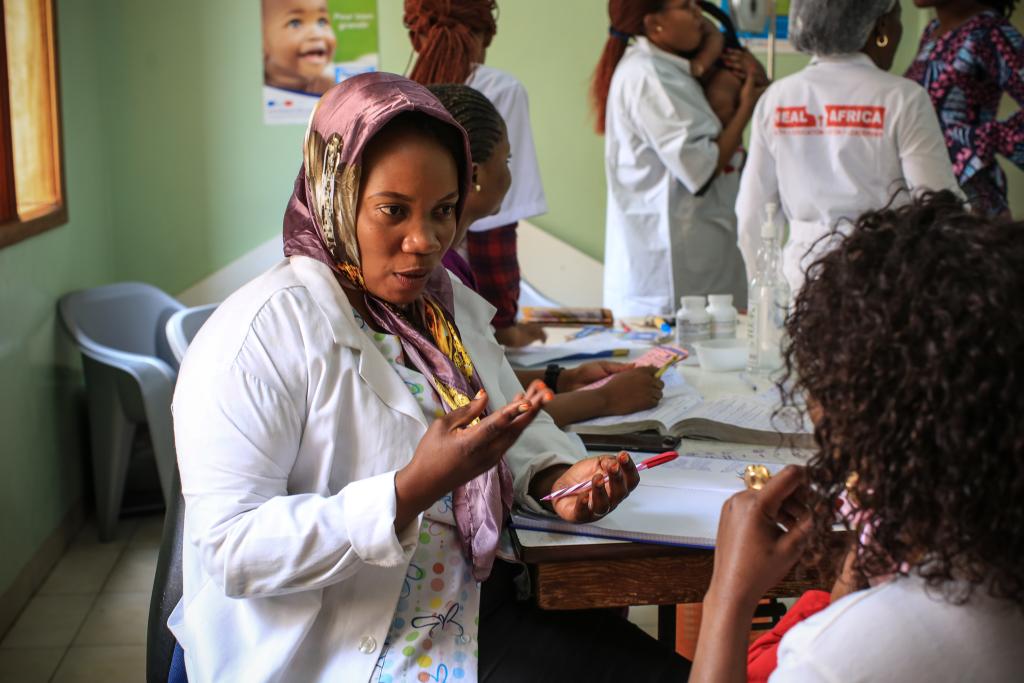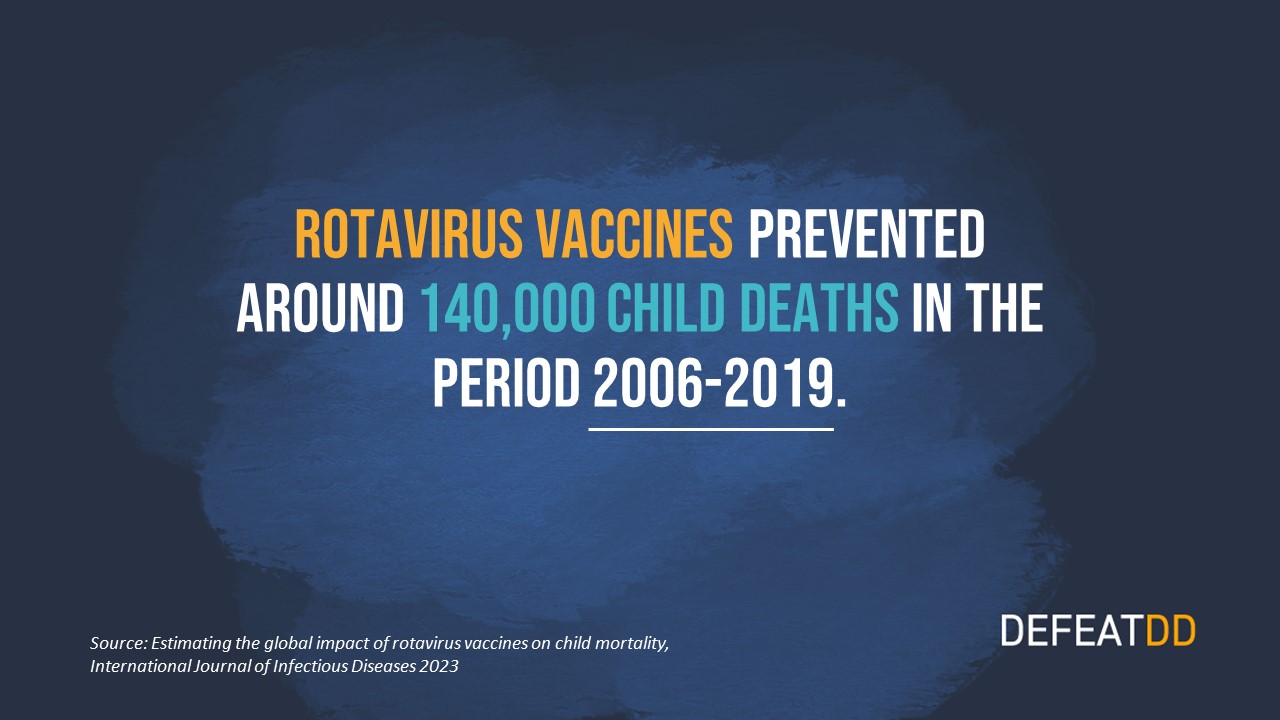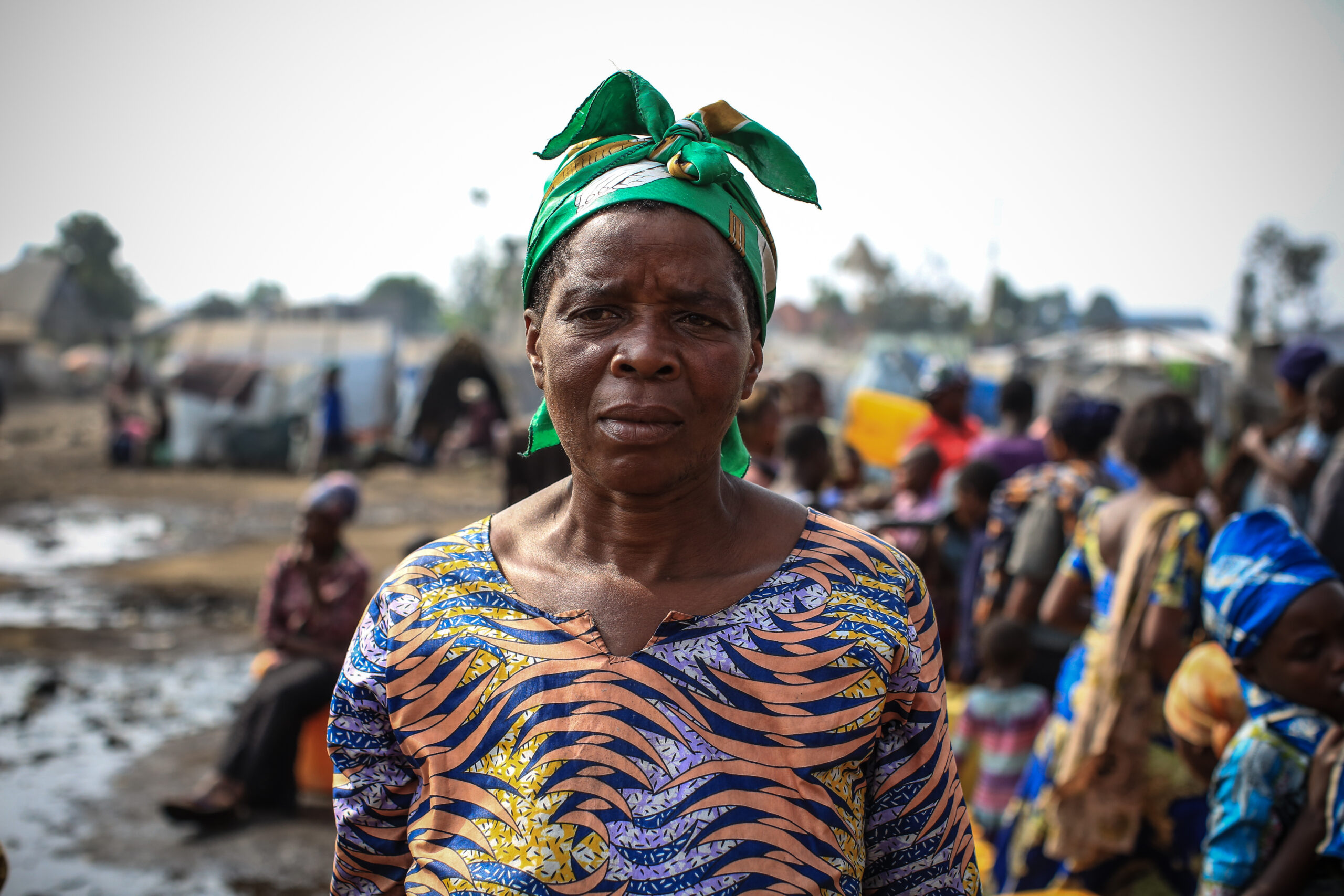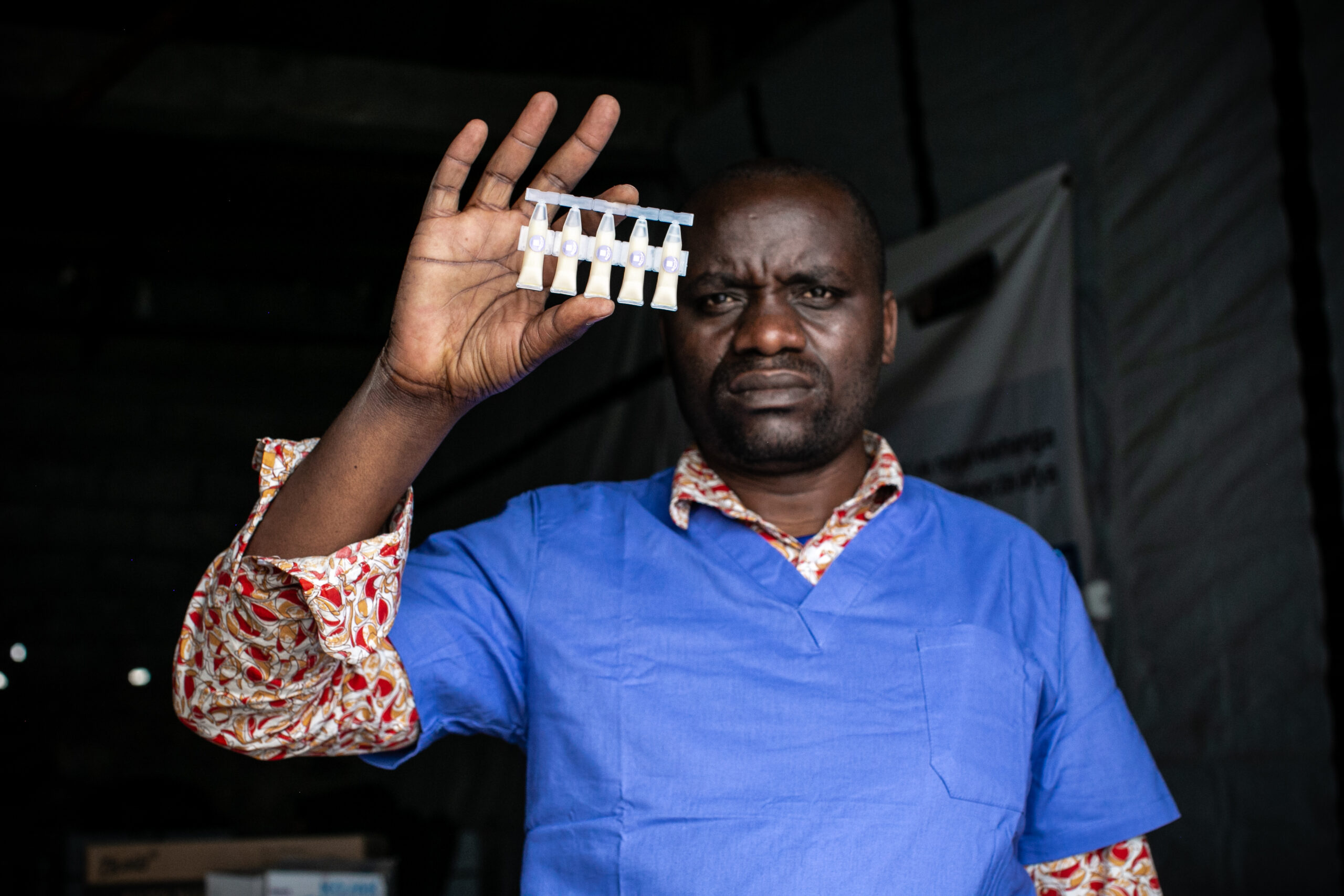Community connections foster protection
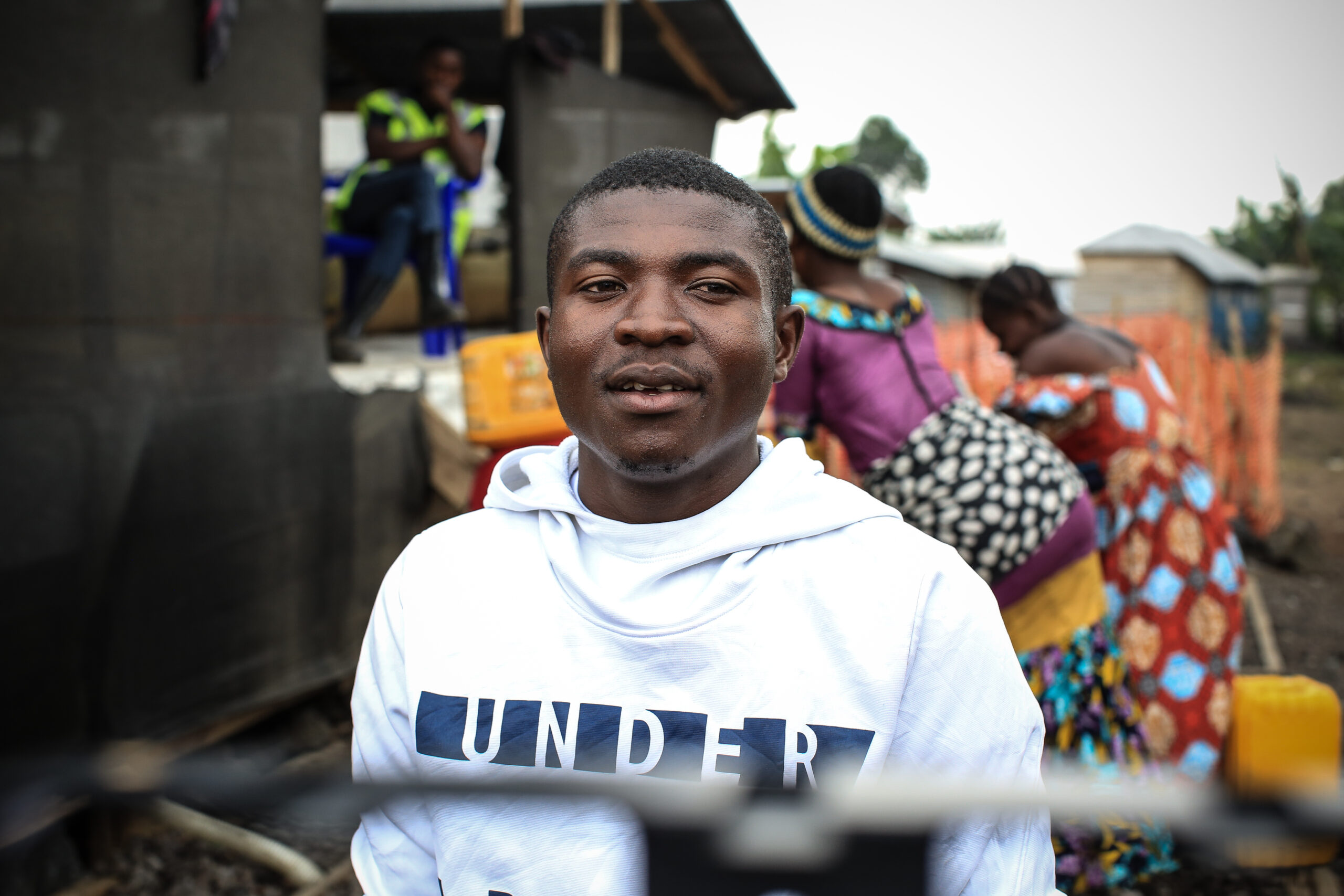
Emergency situations intensify the risk of severe diarrhea. Waterborne diseases like cholera spark
epidemics amid conflict, flooding, drought, or even displacement from volcanic eruption. Vaccines and education can save lives.
Augustin Mikizi is a community liaison officer. Explore his story below, and learn more from the others we interviewed for this series:
– Joseph Muhisi, nurse supervisor
– Espérance Leonard, mother of nine
– Dr. Raphaël Senga, regional laboratory director
Photos: PATH/Ley Uwera.
“We live with war-displaced people, with overcrowding and a lack of hygiene,” explained Augustin Mikizi. Cholera is common—and deadly—among the families that Augustin serves. He is a community liaison officer in the Kanyaruchinya healthcare zone of the Democratic Republic of Congo. “If hygiene is not maintained,” Augustin warned, “cholera will probably happen to you.”
After a recent rise in cholera cases, Augustin and his colleagues carried out an intensive, 14-day campaign to raise awareness, “and hopefully see some positive results in decreasing the number of cases.”
A cholera infection can disrupt the entire family, creating an urgent situation in the midst of their displacement crisis. Adults and children are vulnerable to infection, Augustin noted. “The epidemic has a socio-economic impact, it is difficult to work and support your family when you are sick.”
At health sites and around the camp, health liaisons visit with families to provide education about cholera vaccines, as well as hygiene and other behavior practices that can protect against diarrheal disease.


